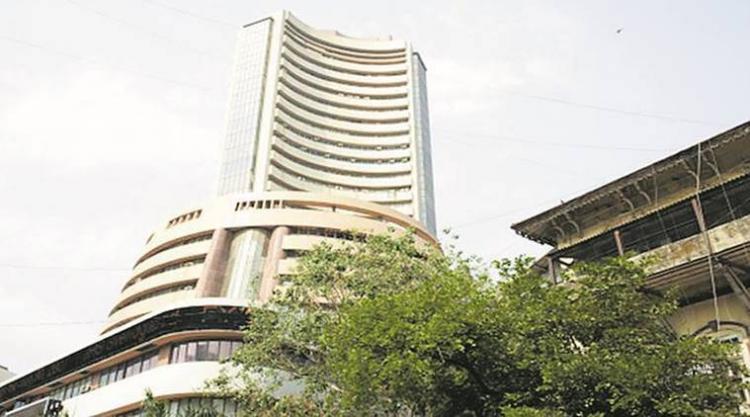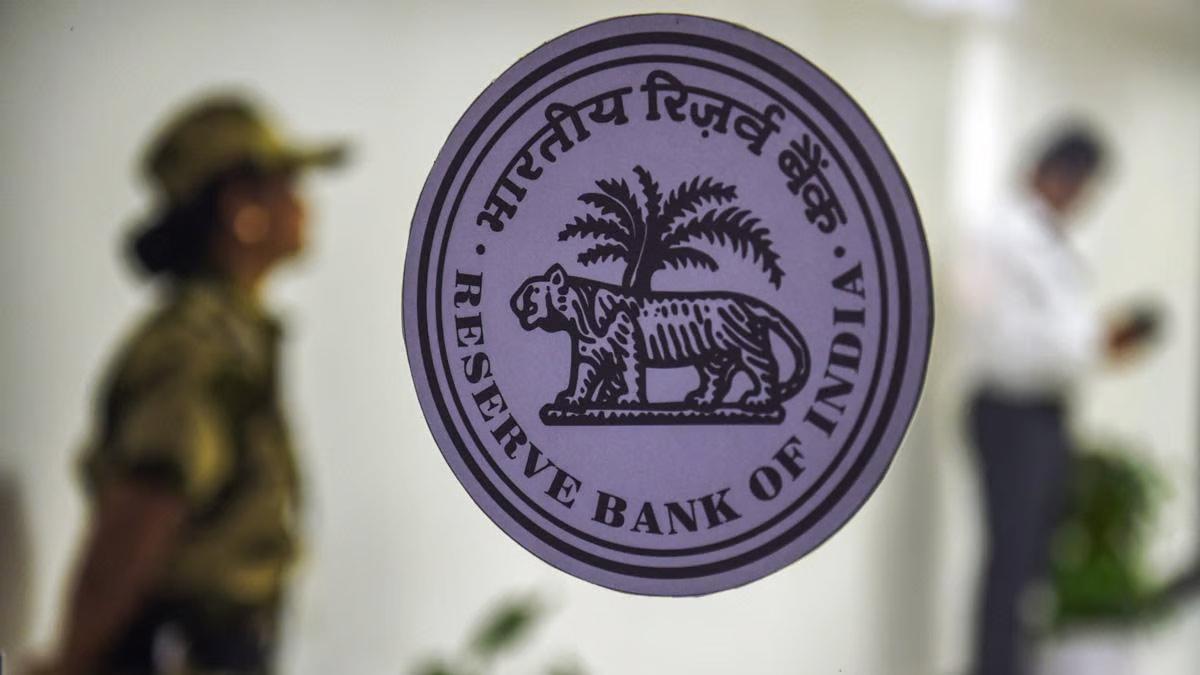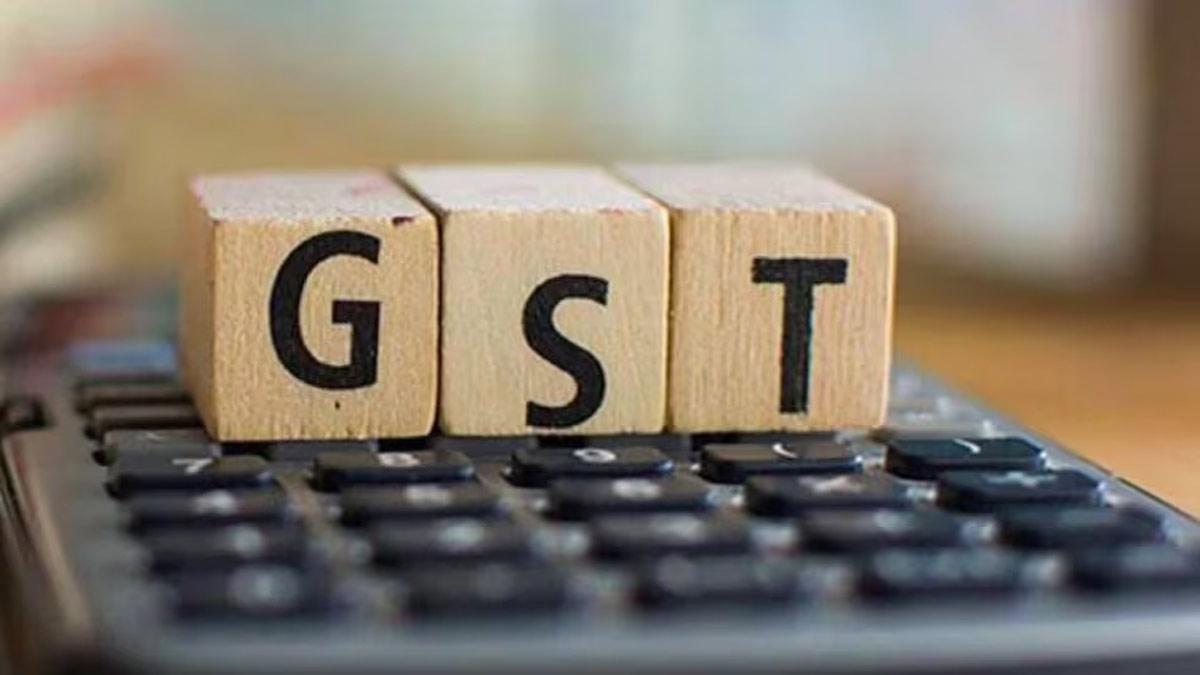"We call time on the 20-month rally in Indian equities," foreign brokerage CLSA said.
The CLSA said concerns range from elevated energy and broader in put price pressures applying downward pressure to margins, the current account balance and thus currency outlook, the withdrawal of RBI stimulus, and a lack of upside implied by Indian equities' typical macro drivers.
Rich valuations, a high probability of earnings disappointment, and a potential lack of marginal buyers add to our motivation to book profits on India, it added in "Ten reasons to book profits on Indian equities".
Delivering a US dollar price return of 147 per cent since the March 2020 trough (or 29 per cent since January 1, 2021), India ranks first among Asia regional peers on year-to-date US dollar performance -- outperforming MSCI AC APAC ex Japan by 56 per cent. Among the larger emerging markets, it has been outpaced only by net energy exporting countries.
ALSO READ | 'Benign inflationary trajectory to likely delay interest rate normalisation'
High energy costs, peak margins and stimulus withdrawal top our list of concerns, the CLSA said.
For at least the past two decades, elevated energy prices have been closely associated with phases of Indian equity under-performance.
"We are now back in such an episode of energy pricing for the first time since 2013," it said.
Moreover, the RBI has begun the withdrawal of its stimulus programme with a visible reduction in banking system excess liquidity.
CLSA said its regression model process indicates no further US dollar upside potential for Indian equities over the next 12 months. Plus, after strong non-resident purchases of Indian equities in 2020 followed by sustained domestic buying driving 2021 returns, there appears to be a lack of marginal buyer looking into 2022.
ALSO READ | RBI's 'Retail Direct Scheme' receives healthy respons
Demanding consensus EPS forecasts (25 per cent 12-months forward) may likely be once again subject to a slew of negative revisions as has typically been the case in India historically, it added.
India is trading on 31.6x cyclically adjusted earnings (versus 14.7x for overall EM), more than one standard deviation above its 18-year average of 22.6x, with investors paying more than twice the book multiple for Indian assets versus EM despite the market offering the same profitability.
As India's current account position slips back into deficit, we forecast a commensurate 4 per cent weakness in the rupee to Rs 78.5.
Finally, we argue that limited credit growth will continue to constrain India's overall GDP and that a backdrop of inferior relative value creation (versus EM) is typically not conducive to sustained outperformance, CLSA said.


















